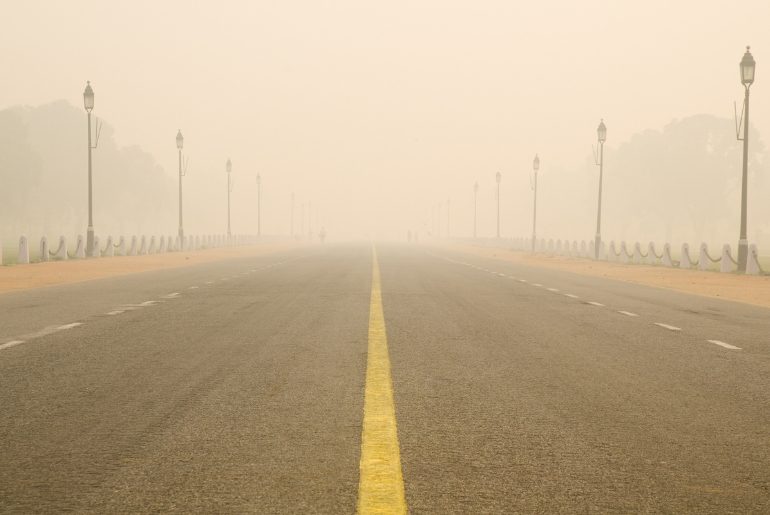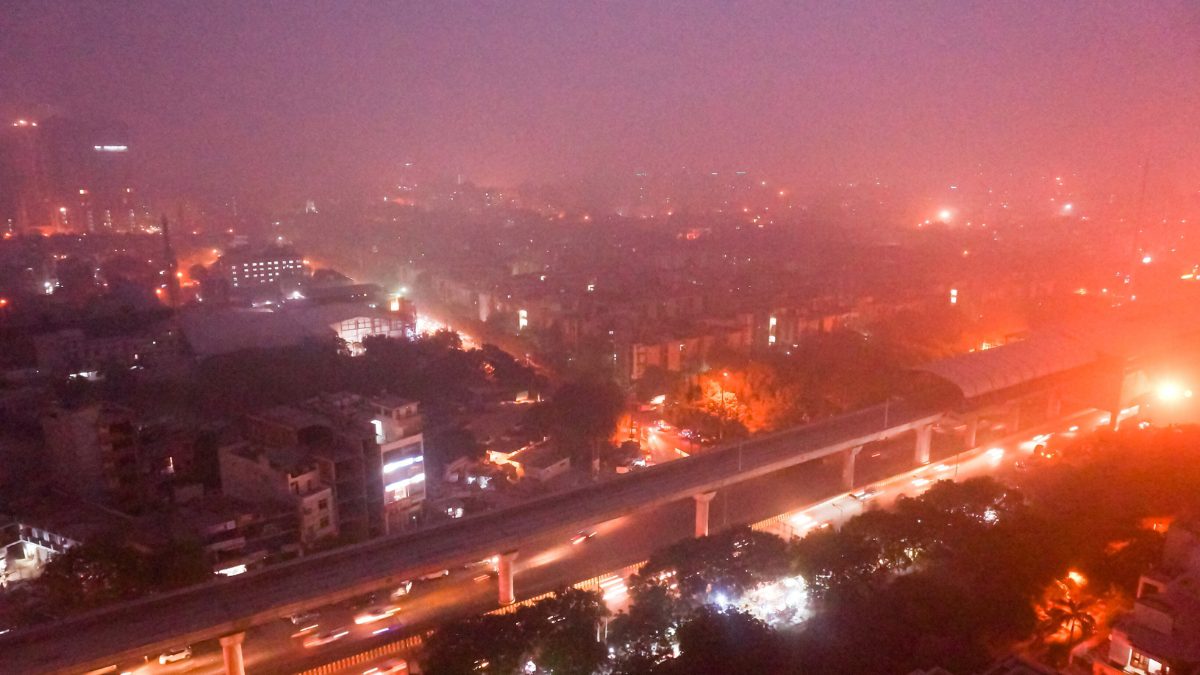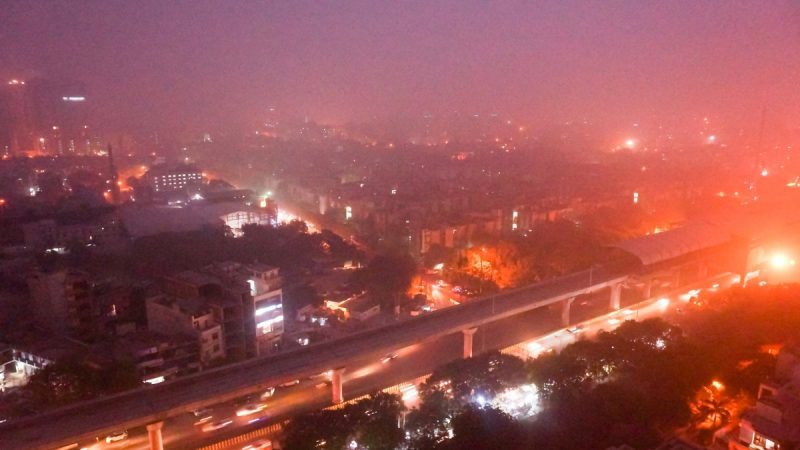Pollution is one problem that the capital city of India has struggled with for a long time. And Delhi is once again dealing with this frequent issue. While the forecast predicted an improvement, the pollution levels in Delhi NCR remain high, leading the Commission for Air Quality Management to take action. As of now, Stage-I of the Graded Response Action Plan (GRAP) has been enforced across the Delhi NCR region.
Delhi NCR Enforces Stage 1 Of GRAP

On May 16, Delhi’s air quality index hit 278, which falls into the ‘poor’ category. According to the Hindustan Times reports, experts suggest that the strong winds carried dust from distant regions, leading to the poor AQI. While Delhi is accustomed to dealing with air pollution, the timing and intensity of the situation have made it more alarming. For now, GRAP Stage-I precautions are in place.
The Graded Response Action Plan (GRAP) is a set of emergency measures that are designed to tackle air pollution in stages depending on how bad the air gets. The higher the AQI, the more severe the restrictions, and Stage-I is the first of the four levels. While Stage-I is implemented in case of ‘poor’ air quality, Stage-II is for ‘very poor’, Stage-II is for ‘severe’, and Stage IV is for ‘severe+ or emergency’ level.
Stage-I is currently active in Delhi, and several rules are being enforced immediately to deal with the primary sources of pollution, i.e. dust, vehicle emissions and industrial activities, Hindustan Times reported. Here are some of the restrictions that have been enforced:
- Demolition or construction sites larger than 500 m2 are required to have an approved dust management plan.
- Burning garbage, dry leaves or other waste in open spaces has been banned.
- The use of coal or firewood by street vendors and commercial kitchens is also banned. And are recommended to switch to clean fuels like LPG, electricity or natural gas.
- The use of diesel generators is also restricted. They can only be used in case of emergency.
- Heavily polluting vehicles will now be fined. And the traffic police have been deployed across the city to make sure that people turn off their engines at red lights.
- Old diesel vehicles and petrol vehicles are still banned.
- Across the NCR region, firecrackers are completely banned, including their production, sale and storage.
Also Read: Namma Metro To Expand From Bengaluru To Tumakuru With A 56.6 km Line And 26 Proposed Stations
Tips To Stay Safe Amid Rising Pollution
Essential tips for all Delhi NCR citizens to maintain their safety:
- Limit your outdoor activities and avoid unnecessary travel, especially for children and the elderly.
- Prioritise using public transport or electric vehicles.
- Report violators using the Green Delhi app, SAMEER app or call 311.
- Before heading outdoors, keep yourself updated about the weather and air quality.
The CAQM is constantly monitoring the situation. According to Hiundustan Times, if the AQI goes from ‘poor’ to ‘very poor’ or ‘severe’ categories, stricter rules will be rolled out under Stage-II or Stage-III of GRAP. Delhi has been dealing with air pollution for a very long time, and GRAP is just one part of the solution. Certainly, long-term changes like greener transport and cleaner fuels will help fix the problem in the long run.
For now, all Delhiites must stay aware, stay safe and do their bit.
Cover Image Courtesy: Canva
For more such snackable content, interesting discoveries and the latest updates on food, travel and experiences in your city, download the Curly Tales App. Download HERE. First Published: May 17, 2025 1:57 PM




